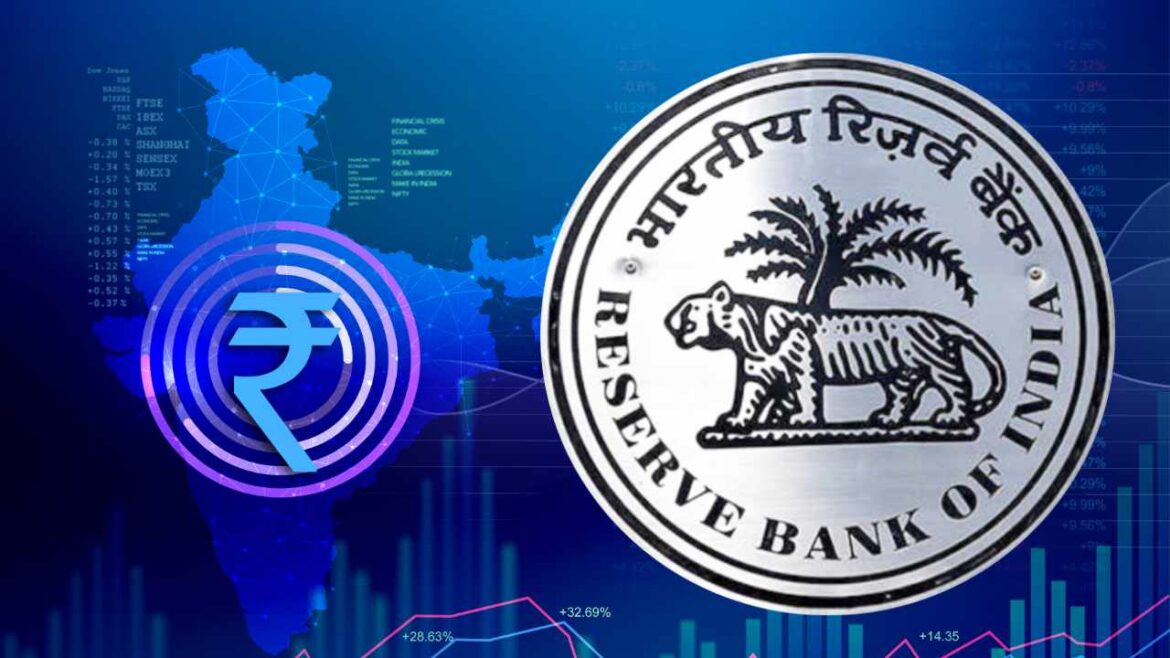 As the central banks around the world are exploring the possibility of introducing digital currencies, the Reserve Bank of India (RBI) is considering extending its Central Bank Digital Currency (CBDC) pilot program for another year.
As the central banks around the world are exploring the possibility of introducing digital currencies, the Reserve Bank of India (RBI) is considering extending its Central Bank Digital Currency (CBDC) pilot program for another year.
The RBI launched its CBDC pilot program in 2020 to assess the feasibility and potential benefits of introducing a digital version of the Indian rupee. The program has been successful so far, and the RBI is now looking to continue it for another year to gain further insights and prepare for a potential launch.The wholesale pilot program included nine banks, while the retail pilot program had eight banks initially, with four others joining later.
Sources familiar with the matter revealed that the RBI has been actively engaging with stakeholders, including other central banks, to exchange knowledge and expertise in the field of digital currencies. The RBI is also reportedly exploring the use of blockchain technology for the distribution and management of CBDCs.
The extension of the CBDC pilot program is expected to provide the RBI with additional time to develop a robust and secure framework for the issuance and circulation of digital currencies in India. The RBI is also likely to collaborate with other regulatory bodies to address issues related to consumer protection, cybersecurity, and financial stability.
While the potential launch of a CBDC in India is still some time away, experts believe that it has the potential to transform the way people transact and interact with money in the country. A CBDC could also provide significant benefits in terms of reducing the costs and risks associated with physical cash and increasing financial inclusion.
In conclusion, the potential extension of the CBDC pilot program in India indicates the growing importance of digital currencies in the global financial landscape and highlights the need for a secure and reliable digital payment system.



